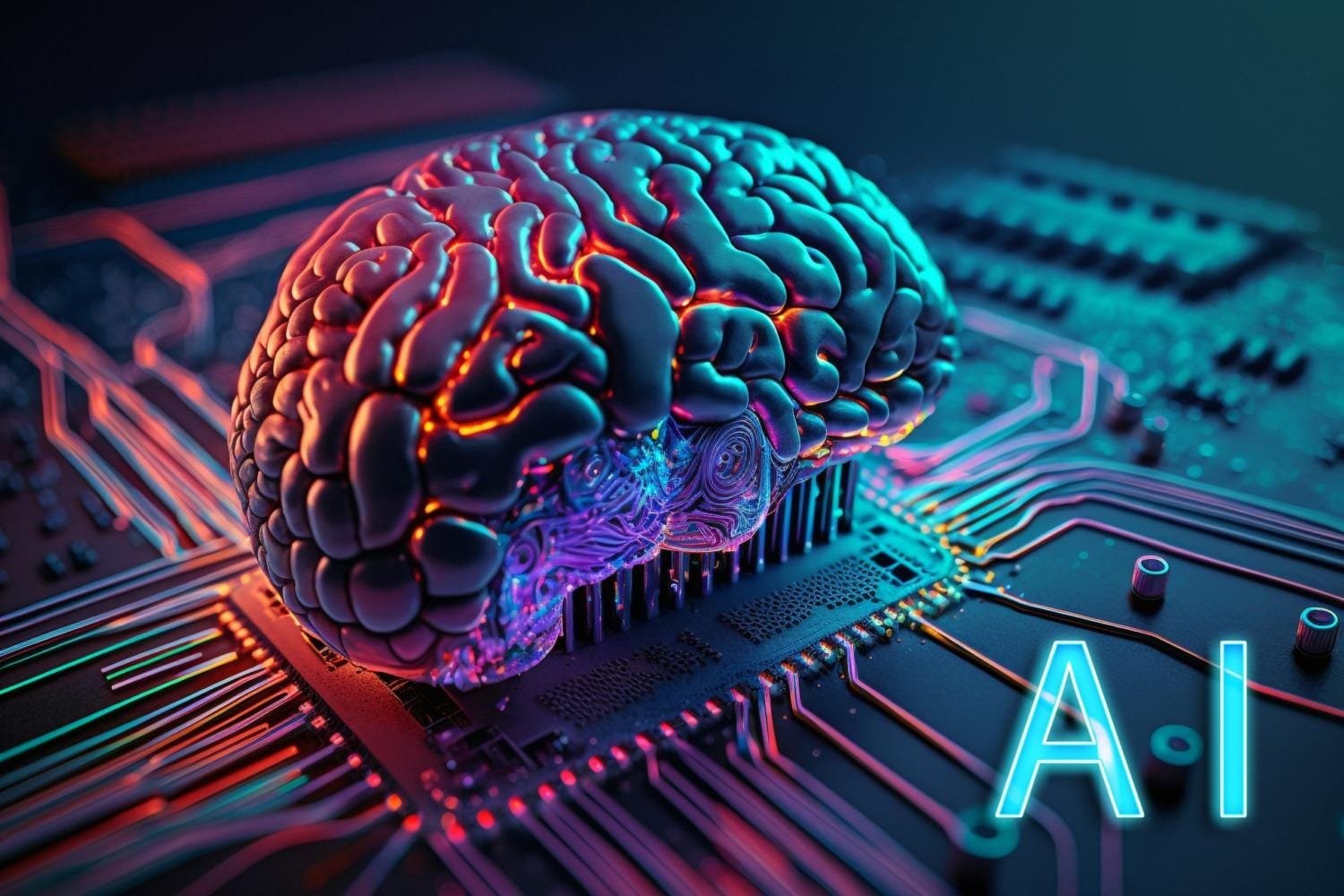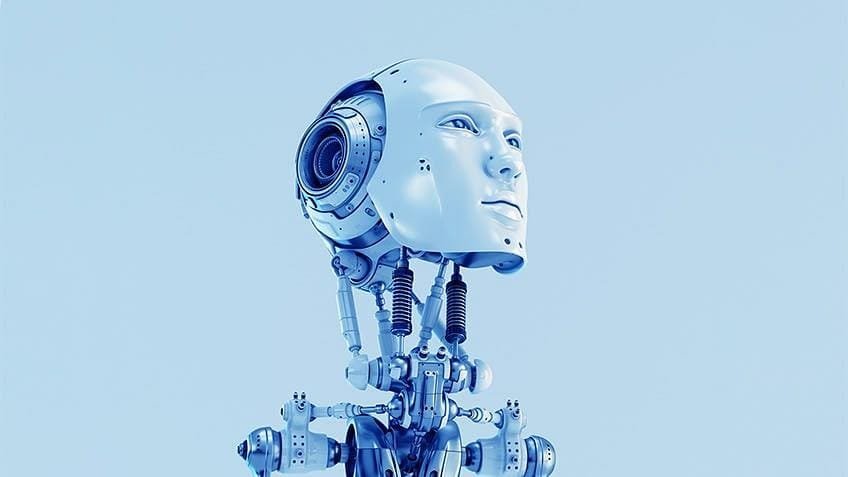Table of Contents
In a world where innovation accelerates at an unprecedented pace, artificial intelligence stands as a beacon of transformative potential. As technology permeates every facet of life, it’s essential to explore how AI reshapes industries, enhances human capabilities, and challenges our understanding of creativity. The dialogue surrounding AI, often filled with both optimism and caution, reflects the dual-edged nature of this powerful tool.
From revolutionizing healthcare to redefining education, the implications of AI are vast and varied. This exploration invites us to reflect on the boundless possibilities that lie ahead, compelling us to consider not just what AI can do today, but also what it means for tomorrow’s potential. Each leap in technological advancement raises critical questions about ethics, accessibility, and the future workforce, urging a collective examination of our path forward.
Exploring the Landscape of AI Innovations and Their Impact on Daily Life
The influence of artificial intelligence is permeating our everyday routines, redefining how we interact with technology. From smart home devices learning our preferences to personalized shopping experiences, AI streamlines our lives by anticipating our needs. As algorithms analyze vast amounts of data, they enhance services in ways previously unimaginable, making our interactions more intuitive and efficient.
As we navigate this technological evolution, various sectors witness a profound shift. Consider the following areas that showcase AI’s transformative effects:
- Healthcare: AI assists in diagnostics and treatment recommendations.
- Transportation: Autonomous vehicles promise safer commutes.
- Finance: AI-driven analytics help in fraud detection.
We’re witnessing a reimagining of the ordinary into the extraordinary, making daily life smoother and more connected.
| Sector | AI Application |
|---|---|
| Retail | Chatbots for customer service |
| Education | Adaptive learning platforms |
| Entertainment | Content recommendation engines |

Harnessing AI for Enhanced Efficiency in Business Operations
In today’s fast-paced business landscape, leveraging AI technologies has become a cornerstone for streamlining operations. By automating mundane tasks, businesses can redirect their human resources towards more strategic endeavors. Predictive analytics, powered by AI, allows companies to anticipate market trends and make informed decisions swiftly. This can result in a more responsive business model, reducing lead times and enhancing overall productivity.
Moreover, AI-driven tools enhance decision-making processes by providing invaluable insights from data analysis. Tools like chatbots and virtual assistants improve customer engagement, offering support around the clock. Businesses can also utilize machine learning algorithms to optimize supply chains, ensure inventory accuracy, and reduce operational costs. Embracing these technologies not only boosts efficiency but also lays the groundwork for sustainable growth.

Navigating Ethical Considerations in the Age of AI Transformation
As we navigate the landscape shaped by artificial intelligence, it is crucial to consider the ethical implications inherent in this transformation. The rise of AI brings forth challenges related to privacy, bias, and autonomy. Organizations must be diligent in ensuring that their AI systems are transparent and accountable, fostering trust among users and stakeholders alike.
Moreover, the integration of AI in everyday society calls for a reevaluation of job displacement and economic inequality. Engaging in thoughtful dialogues about equitable access to technology and the potential ramifications of automation will be essential in crafting policies that prioritize the well-being of all individuals, rather than merely the advancement of technology.

Future-Proofing Skills: Preparing for an AI-Driven Workforce
As the workforce undergoes a seismic shift with the rise of AI technologies, adaptability becomes a crucial asset. Workers must equip themselves with complementary skills that enhance human capabilities and facilitate collaboration with machines. Consider focusing on the following areas:
- Emotional Intelligence: Cultivating empathy and interpersonal skills fosters effective teamwork.
- Creative Problem Solving: Innovation will thrive where AI lacks the human touch.
- Technical Proficiency: Basic understanding of AI and data analytics is becoming imperative.
Education systems and employers must prioritize continuous learning initiatives. Upskilling programs, online courses, and workshops provide valuable resources for workforce development. Below is a glimpse of potential learning pathways:
| Skill Area | Learning Approach | Possible Resource |
|---|---|---|
| Data Literacy | Online Courses | Coursera, LinkedIn Learning |
| AI Basics | Workshops | Local Community Colleges |
| Agile Methodologies | Mental Exercises | Scrum Workshops |
Insights and Conclusions
As we journey into the future, it’s clear that artificial intelligence is not just a distant vision—it’s a reality shaping our present. The transformative power of AI today is evident across various sectors, demonstrating its profound impact on our lives.
Key takeaways include:
- Enhanced efficiency: AI automates tasks, saving time and resources.
- Data-driven insights: It transforms raw data into actionable intelligence.
- Personalized experiences: From entertainment to healthcare, AI tailors interactions based on individual needs.
These advancements remind us that we stand at the threshold of limitless possibilities. Embracing AI’s potential while navigating its challenges will be vital for a brighter, more inclusive future.
In closing, let us be mindful of our choices as we harness AI’s capabilities. Together, we can shape a world where technology enhances the human experience—unveiling tomorrow, today.



